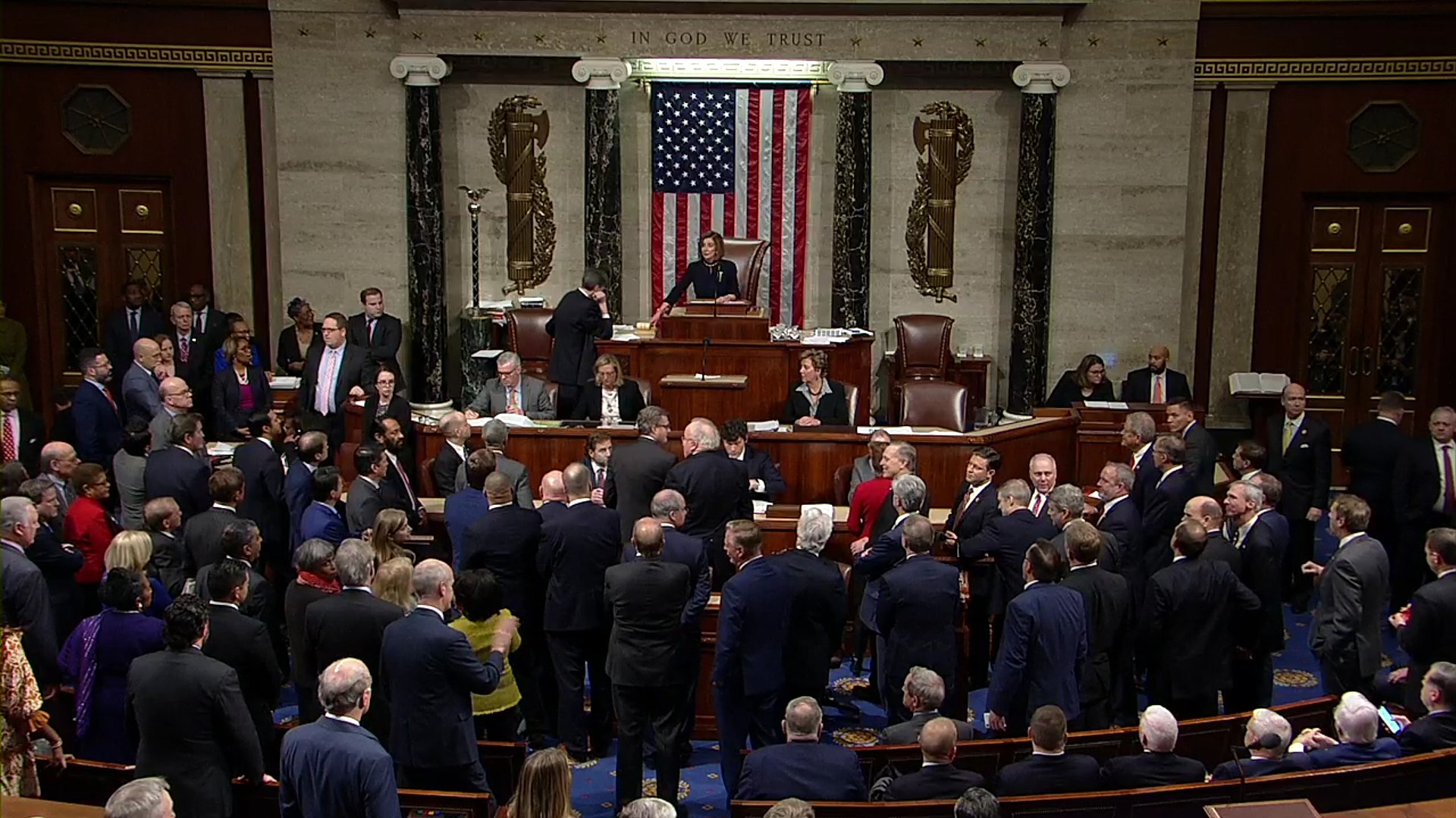In an essay entitled “Passions, Politics and the Removal of a President: Lessons Learned from the Impeachment of President Clinton,” which appeared in Grove City College’s Journal of Law & Public Policy, former Deputy Attorney General Paul McNulty tried to share what he and other Republicans learned from President William Jefferson Clinton’s impeachment in the late 1990s. After we are done with President Donald John Trump’s impeachment, perhaps McNulty will have a follow-up article on “lessons not learned.” In case he does not get to it, here is a short attempt.
Before joining the Department of Justice and later becoming President of Grove City College, McNulty worked in the House of Representatives for ten years, including as Chief Counsel and Director of Legislative Operations for House Majority Leader Henry Hyde. He served as Chief Counsel and Director of Communications for the Clinton impeachment proceedings.
Numerous scholars and pundits have argued that, ideally, presidential impeachments should not be partisan efforts. Nevertheless, just Henry Hyde decided to go ahead with the process against Bill Clinton, Nancy Pelosi decided to go forward with impeachment against Donald Trump despite near-unanimous opposition from President Trump’s party. It is clear now that the main lesson McNulty wanted to teach in his article was not heeded: “Congressional leaders should follow the example set by Henry Hyde and steadfastly avoid appearing to use impeachment to settle political scores or damage the president’s standing with the American public.”
For Henry Hyde, the question was Clinton’s “lying under oath.” As he said, “Perjury and obstruction of justice cannot be reconciled with the office of the President of the United States.” In Trump’s case, the charges are abuse of power and obstruction of justice. I will not go into the case as readers of this publication have plenty of other writers and articles at their disposal. I will just note a few political and economic aspects.
Given the political nature of the impeachment, both sides have been anxious to find any sign or trend in public opinion in order to maximize the political gains of their decisions. By contrast, there has not been a strong tide either way in public opinion. I follow Western newspapers and magazines, but given the widely held opinion that the end result would be acquittal, news about the impeachment did not garner much attention. Foreigners can recall the results of the Clinton impeachment so, therefore, the current impeachment does not affect most of them enough to warrant spending much time or thought on what, for them, is a non-topic. The subtitle of the latest Economist piece on impeachment (January 25, 2020) reads: “In the fight between Donald Trump and impeachment, impeachment is coming off worse.” Readers will note The Economist seldom has anything good to say about President Trump or his policies.
This piece appeared in Forbes on January 31, 2020. Read the rest of the piece here.
(Homepage photo credit: public domain.)
